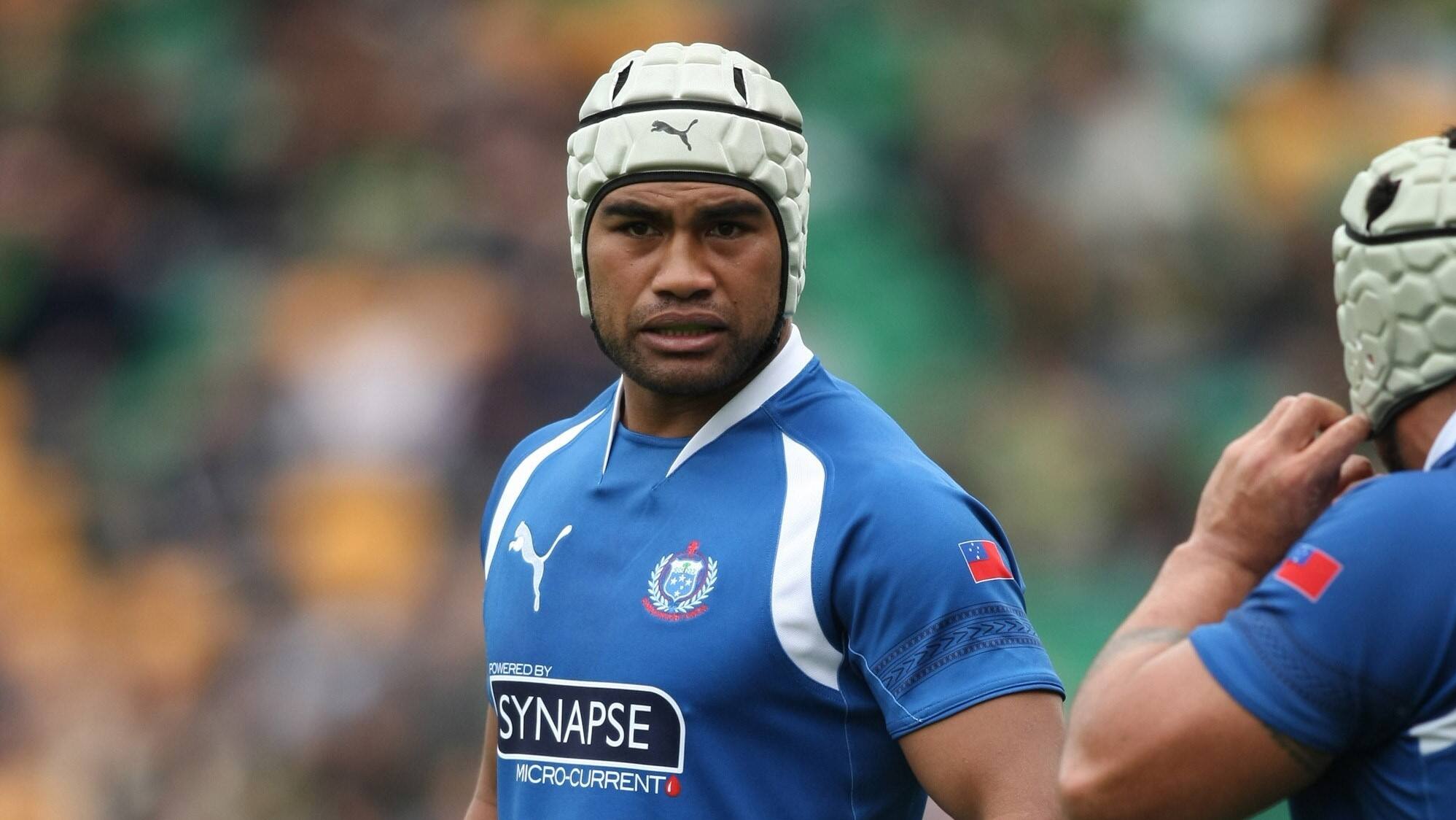Public Interest Journalism funded through NZ On Air
One thing Sosaia Tulikihakau loves most about his Manukau United Football Club is its diversity.
“This is what I feel makes the club great, is that we all come from different places, but we all come for this one common thing which is our love for football,” he says.
But whether the country’s football scene at large feels the same about diversity is another story.
“It’s something we’ve got to try and change because it’s those people we want playing the game, but we’re doing the opposite and driving them away.
“There are people who could’ve gone all the way, but because of their experiences and what they experienced as a person, as players, as coaches, as managers, they’ve stepped away because of the experiences they’ve had,” he says.
Earlier this year, the club released a UNESCO-funded report on racism in NZ football. Over 80% of the participants in the research had witnessed or experienced discrimination.
Rosei Leota, who has been part of the club for over a decade, has been subject to racism, but says she tries to take the comments in her stride.
“I have been called the typical ‘coconut’, but for me, I take it as ammunition,” she says.
“[Players] have ended up having altercations on the field which has not resulted in a good outcome for them, especially when you get the football federation involved, and there are reports and incidents that happen in terms of those situations on the field and also to a point where we’ve had players suspended as a result.”
Research committee member, Jennifer Kahn-Janif, has seen the impact that racism has had on the players’ mental well-being.
“What is sad when looking through the findings is that children as young as eight years old were being affected or impacted by racism,” she says.
Report Co-Author, Lynaire Doherty, says the findings confirmed what they already knew and that the issue needs to be addressed to grow the sport in New Zealand.
“We need to not just have policy but have some active implementation coalitions so that we can across the levels and across communities and even across codes work on this issue,” she says.











